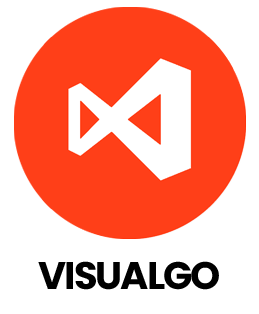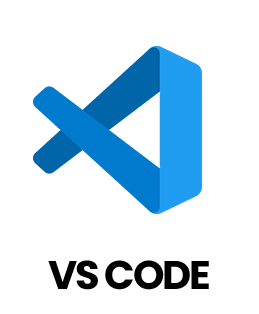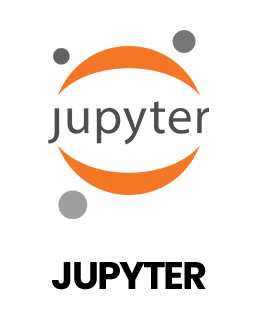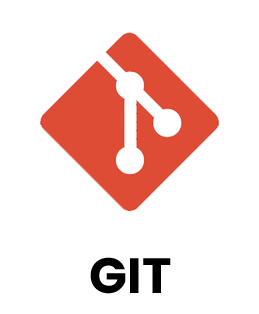- Join Our Data Structures and Algorithms Training Institute Build Coding & Problem Skills.
- Our Data Structures and Algorithms Training covers Arrays, Lists, Stacks & Algorithms.
- Work on Real-Time Projects to Boost Practical Knowledge Now.
- Flexible Learning Modes – Weekday, Weekend, or Fast-Track Options.
- Advance Your Career with Data Structures & Algorithms Training with Placement Support.
- Get Expert Help with Resume Building, Interview Prep, and Career Growth.
Join Our 100% Job Guaranteed
Data Structures and Algorithms Training with Placement
WANT IT JOB
Become a DSA Specialist in 3 Months
Freshers Salary
3 LPA
To8 LPA
Quality Training With Affordable Fees!
INR
₹22000
INR
₹16000

11321+
(Placed)
6089+
(Placed)
8876+
(Placed)
4759+
(Placed)

























 Chennai Location
Chennai Location Bangalore Location
Bangalore Location